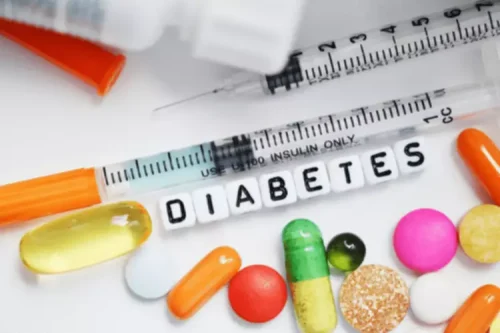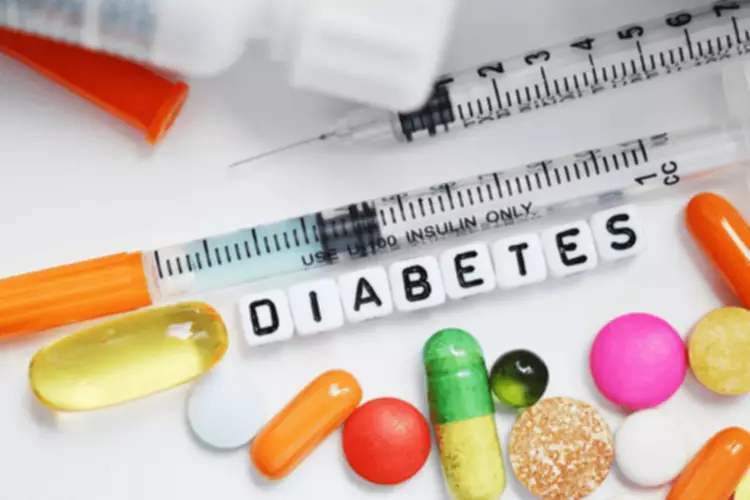
If, perhaps, you know you’re at high risk of developing cancer, then cutting out alcohol entirely might make sense. drug addiction If, on the other hand, you’re more worried about a heart attack, then maybe that’s not a reason to become a teetotaler, says Marcus. Further, it’s firmly established that alcohol is an addictive substance with systemic effects in the body that can lead to physiological dependence. Use at low levels carries the risk of increasing and excessive consumption.

Alcohol: Balancing Risks and Benefits
As you can see, mouthwashes can create a host of problems, largely due to the ingredients they contain. The other reason is that these mouthwashes can’t entirely destroy all the germs in your mouth—instead, they dissolve the ingredients into your gums, teeth, and tongue, which causes that familiar burning sensation. Part of the reason Listerine and other mouthwashes burn in the mouth is that they contain ingredients that are mildly irritating to the skin, like eucalyptol, menthol, thymol, and methyl salicylate. Contrary to popular belief, the killing of “99.9% of germs” does not actually aid your dental health by preventing cavity formation. It’s incredibly important to have sufficient saliva in your mouth, as it supports the process of remineralization, helping you prevent and reverse cavities naturally. Unfortunately, mouthwash disrupts the mouth’s natural production of saliva.

Type 2 diabetes
- At this point, the link between abstinence and social isolation is merely hypothetical.
- Despite the FDA requirements, research suggests that many non-alcoholic beers contain more alcohol than their labels indicate.
- A recent successful effort in the U.S. to launch an international study was funded by the National Institutes of Health.
- Create healthy, balanced meals using this visual guide as a blueprint.
- Alcohol suppresses rapid eye movement sleep, increases wakefulness in the latter half of the night, and impairs the body’s ability to enter restorative deep sleep.
Their mouthwash is free of alcohol and contains clove bud, aniseed, and spearmint essential oils. Because some of these essential oils are antibacterial and can cause an imbalance in the oral microbiome, I don’t recommend using it too often. Chlorhexidine is the main ingredient in mouthwash that serves as an antiseptic to kill bacteria. The most common reaction to chlorhexidine is contact dermatitis, but, in rare cases, some people can go into anaphylactic shock when exposed to it. Marketing propaganda aside, it’s important to understand that mouthwash isn’t just a way for manufacturers to make more money.
Why more of us are choosing low-alcohol drinks
The grapes used to make champagne are high in phenolic compounds, a type of antioxidant that can boost brain health and may help reduce risk for dementia. When it comes to a healthier alcohol, red wine is top of the list. Here’s what you need to know about the healthiest alcohols and which you should avoid.
- “There is no consensus of scientists on the cardiovascular effects,” says Rehm.“I’m quite agnostic… I’m willing to let well-designed studies decide,” says Sherk.
- While moderate alcohol consumption may have some potential benefits, the negative effects of long-term or excessive alcohol drinking outweigh these benefits.
- 1 Heavy drinking can damage the liver and heart, harm an unborn child, increase the chances of developing breast and some other cancers, contribute to depression and violence, and interfere with relationships.
- A 2017 meta-analysis found an association between moderate alcohol consumption — 12.5 grams or less per day — and a reduced risk of dementia.
- One major challenge in this field is the lack of large, long-term, high-quality studies.
Health Categories to Explore
Clearly there are good reasons to discourage excessive alcohol consumption, driving drunk, and other avoidable alcohol-related trouble. These are more than just interesting questions for researchers to study. The answers could guide recommendations of doctors, public health officials, and policy makers throughout the world — and they could save millions of lives.
Scientists have been trying to figure out whether alcoholic beverages can be good for your health for a long time, often reaching contradictory conclusions. For Alcohol Awareness Month, learn what everyone needs to know about drinking alcohol — the good, the bad, and the ugly. But on the whole, mouthwash isn’t bad for your health or harmful for you to use. You can use mouthwash as a part of a healthy oral hygiene routine, or you can opt out of using it. For some people, mouthwash can have some unpleasant side effects. These side effects may outweigh the benefits of using an over-the-counter oral rinse as part of your everyday routine.
Is Mouthwash Doing More Harm Than Good? Risks, Alternatives, and Better Solutions
Whether or not to drink is a personal choice, and sometimes science has limits. The report, released Tuesday, was commissioned by Congress and carried out by a committee from the National Academies of Science, Engineering and Medicine. An update to federal dietary guidelines next year could include new recommendations about how much alcohol people should drink. If you drink every day, or almost every day, you might notice that you catch colds, flu or other illnesses more frequently than people who don’t drink. That’s because alcohol can weaken your immune system, slow healing and make your body more susceptible to infection.
- It means on days when a person does drink, women do not have more than one drink and men do not have more than two drinks.
- “If you consistently have six drinks a week, it’s probably about two or three months of lost life expectancy,” he adds.
- Beer and wine have natural antioxidants called phenols, which help protect against heart disease and lower the risk of hypertension.
- But for patients who regularly have more than one drink per day, it’s a different conversation.
Upwards of 20% of Americans who drink will experience an alcohol use disorder in their lifetime, according to data from the National Epidemiologic Survey on Alcohol and Related Conditions. Increasingly, reports like these conclude there is no safe level of drinking. Even moderate consumption—no more than one alcoholic beverage per day for women, and no more than two per day for men—comes with dangers, and the situation snowballs the more a person sips. And not so long ago there was general consensus that drinking in moderation also came with health advantages, including a reduced risk of cardiovascular https://ecosoberhouse.com/ disease and diabetes. While alcohol intoxication is only temporary, chronic alcohol abuse can impair brain function permanently.
More in Health

Heavy drinking can also lead to a host of health concerns, like brain damage, benefits of alcohol heart disease, cirrhosis of the liver and even certain kinds of cancer. Drinking alcohol seems to change the way the body metabolizes estrogen, leading to higher levels of the hormone. This may translate to an increased risk of estrogen-related breast cancers. Researchers are still learning about exactly how alcohol affects hormones, according to the recent Surgeon General report.
Health Benefits Of Drinking Alcohol

The first one, published in The Lancet, included only people who drank at least some alcohol. It concluded that common recommendations regarding “moderate” drinking (one drink a day or less for women, and two drinks per day or less for men) might be too much. That’s the best way to describe the relationship between alcohol and health. As I’ve written about before, a number of studies have demonstrated health benefits with lower amounts of drinking.